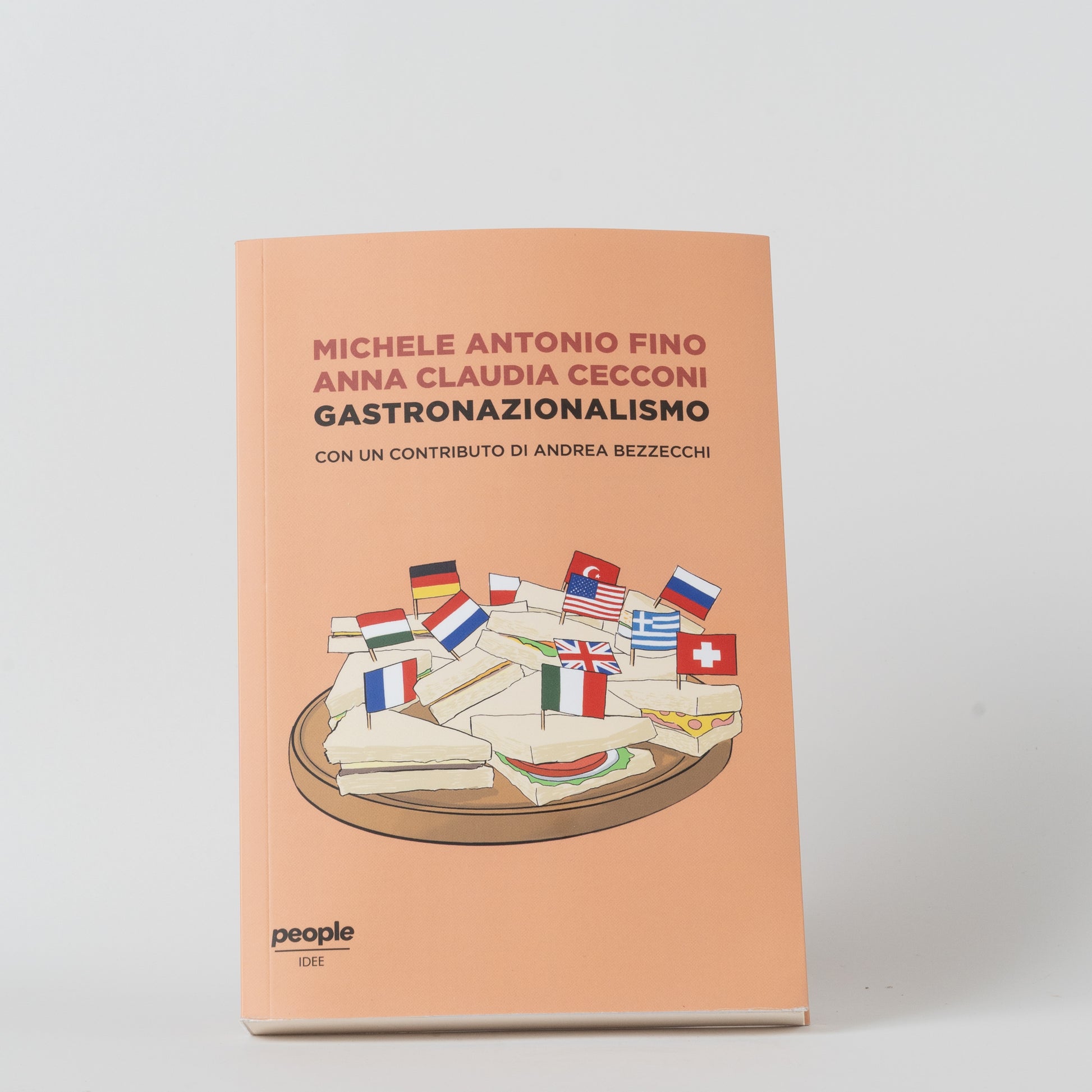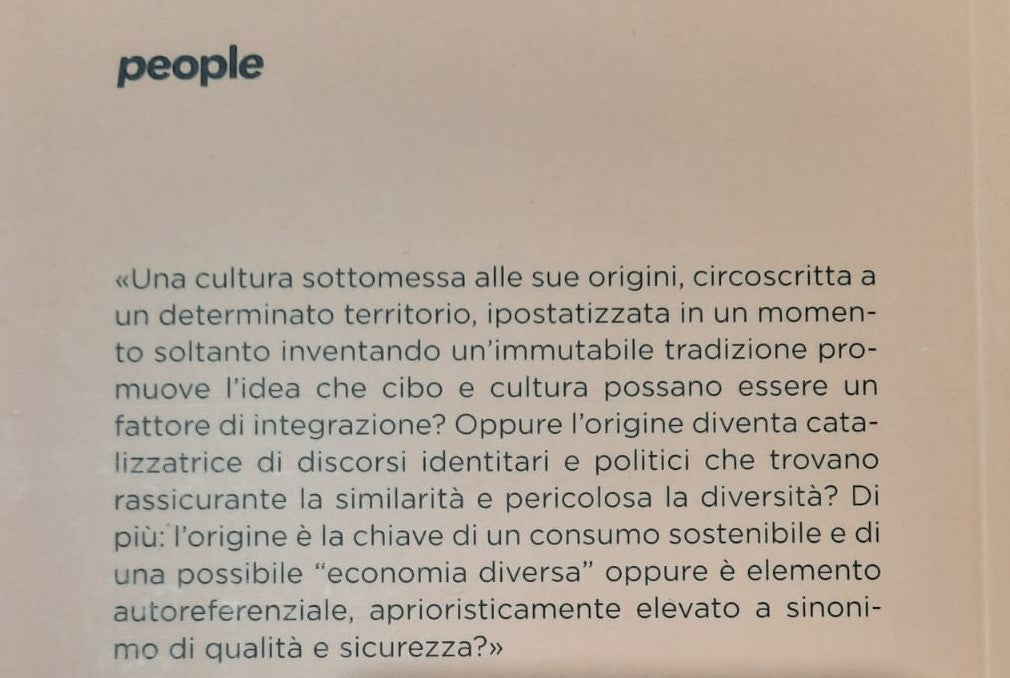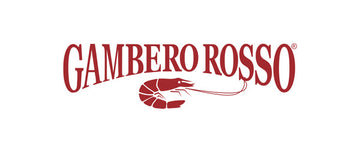Gastronationalism - Critical Analysis of Geographical Indications
-
Estimated delivery:% b% d - % b% d
-
Free shipping and returns: on all orders over €80
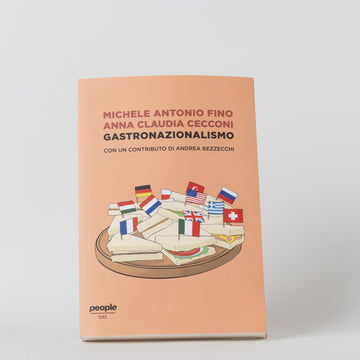
Gastronationalism - Critical Analysis of Geographical Indications
The book aims to give an alternative and critical reading of typical geographical indications, one of Italy's great riches which has however led to an emptying of the national gastronomic identity, especially for some products (one above all, Balsamic Vinegar).
Authors:
- Michele Antonio Fino , professor of Roman and ancient law and food legislation at the University of Gastronomic Sciences of Pollenzo (CN), with dozens of publications to his credit and who collaborates with various technical journals related to agriculture;
- Anna Claudia Cecconi , a recent graduate from the University of Gastronomic Sciences of Pollenzo in Management of Gastronomic and Tourist Heritage, collaborated with Slow Food for "The Guide to Slow Food Extra Virgin Olive Oils" and is a business developer at
Too Good Too Go.
- Andrea Bezzecchi , owner of Acetaia San Giacomo, contributes from page 197 to shed light on the world of Balsamic Vinegar and the hypocrisy of some denominations.
"There is a non-secondary aspect in that contemporary European panorama that is fragmenting: food. For almost thirty years, the European Union has had a unique policy in the world to protect its specialties, but the reasons for doing so have definitely changed over time. At the beginning it was a necessary measure to avoid the fragmentation of the continental framework, to prevent the rush of each country to create, as had already happened with wines, its own categories, its own rules, its own styles. Then everything changed: food became a fundamental piece of the new national identity: one that is not made to compose itself in a mosaic of diversities that create the future but to contrast with other identikits, real or invented, with the sole purpose of affirming one's own petite patrie, to the detriment of Europe. This book proposes a critical rereading of contemporary Europe in light of the problems of integration and the spread of populist and nationalist phenomena, within which the use of culture and gastronomy as identity factors is frequent. Through an analysis of the rules, but with ears open to new gastronomic discourses and an interdisciplinary look, it is possible to highlight the European limits in building a common identity, suggesting a different theoretical approach to the concept of origin for a decisive paradigm shift. Because, when we talk about our food, we should always remember that the adjective is not possessive."
Publisher: People
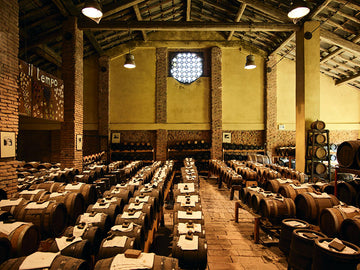
Acetaia San Giacomo
It is the only one that, since the beginning, produces only pure balsamic without added vinegar, 100% from organic cooked must. We do not produce Balsamic Vinegar of Modena IGP, glazes, "Balsamic White" by choice.
The production also includes raw vinegars, all produced according to the ancestral method in barrels.
Finally, the Surbir Selection concerns all those products that we have chosen from other companies that share with us a production philosophy aimed at quality only, without compromise. From coffee, to Parmigiano Reggiano, to fresh pasta, each item has something that makes it unique.
Recently seen
Refunds and Returns
Return Policy, right of withdrawal and cancellation of an order 100% satisfied or refund guaranteed even beyond the legal limits.


